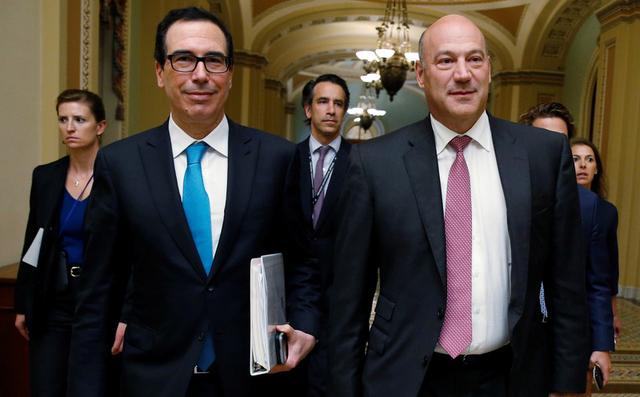WASHINGTON—The U.S. Treasury on Friday unveiled a blueprint for sweeping reforms of the U.S. capital markets as it looks to implement Republican President Donald Trump’s agenda to promote economic growth by slashing red tape.
The report recommends a raft of measures to encourage companies to seek public listings, to promote companies’ access to capital, and to give investors a wider array of investment opportunities, that could largely be implemented without legislative changes.





